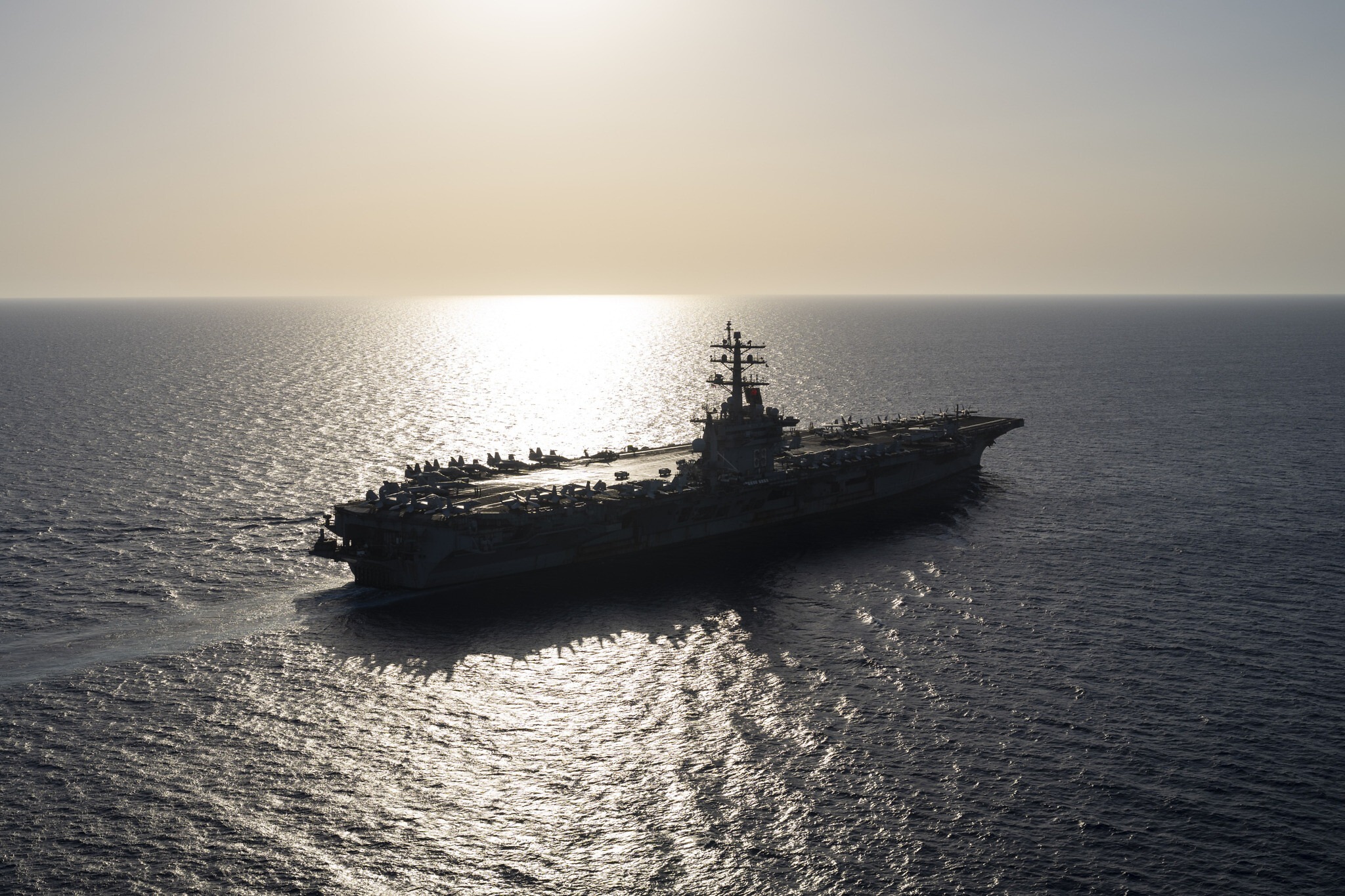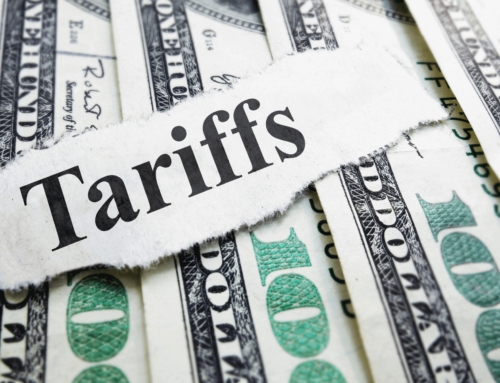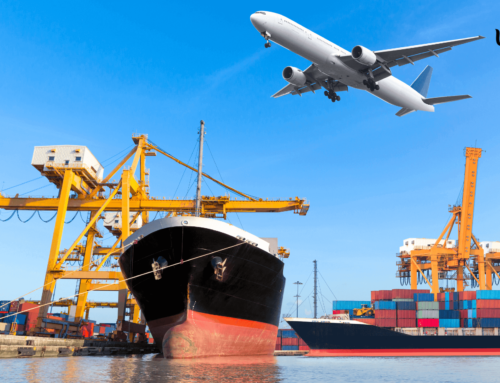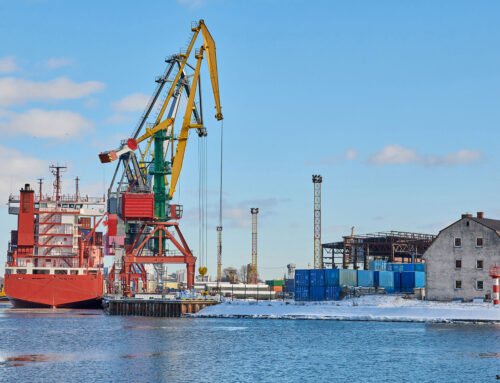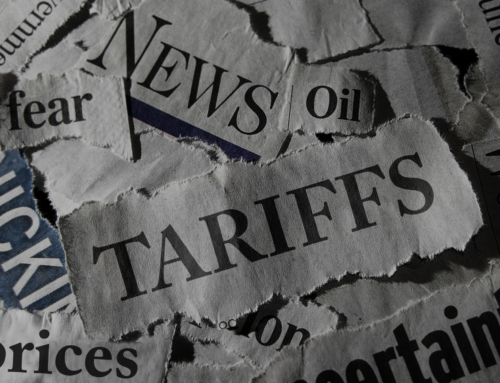The Red Sea, a crucial maritime corridor, is facing unprecedented challenges that threaten to disrupt global shipping & trade. The recent sinking of the MV Tutor, a Greek-owned coal carrier, by Houthi rebels on June 12, 2024, has highlighted the escalating dangers in this region.
The Human & Economic Toll
The attacks in the Red Sea have already claimed the lives of at least three seafarers, with the MV Tutor incident potentially adding another tragic death. Leading shipping groups have urged governments “with influence” to put a stop to Houthi attacks on vessels in the Red Sea after a second freighter sank this week. The International Chamber of Shipping & the World Shipping Council, along with more than a dozen other shipping associations, have condemned these attacks & called for immediate action to safeguard seafarers & de-escalate the situation.
The disruption caused by these attacks has led to a virtual closure of the Red Sea to container ships since late last year. This has forced vessels to take the longer route around the southern tip of Africa, significantly increasing shipping costs & causing congestion at ports in Asia & Europe. According to the London-based shipping consultancy Drewry, the cost of shipping a typical 40-foot container on major East-West routes has surged by 202% compared to last year, reaching $4,801 as of June 13, 2024.
Strategic & Military Implications
The U.S. Navy, particularly the USS Dwight D. Eisenhower Carrier Strike Group, has been actively engaged in protecting commercial shipping from Houthi missile & drone attacks. This prolonged engagement has strained both the personnel & the equipment involved, raising concerns about the sustainability of such operations. The Eisenhower’s deployment, already extended twice, underscores the intensity of the conflict & the need for continued military presence to ensure safe passage for vessels.
U.S. commanders in the Middle East have long argued that they need an aircraft carrier in the volatile region. They say it’s an effective deterrent to keep Iran in check & that the ship gives them critical & unique war-fighting capabilities against the Houthis. Rear Adm. Marc Miguez, who commands Carrier Strike Group Two, emphasizes the importance of the aircraft carrier, describing it as a flexible, floating flight line that can launch fighter jets on a moment’s notice.
Ripple Effects on Global Supply Chains
The forced diversions around Africa are not just increasing costs but also creating significant delays. Ports in Singapore, Malaysia, Shanghai, & Barcelona are experiencing severe congestion, leading to missed departures & further disruptions in the global supply chain. This situation is exacerbated by carriers implementing emergency surcharges to cover the additional costs of these extended routes.
According to logistics firm Freightos, the forced diversions are causing congestion at ports in Singapore, Malaysia, Shanghai, & Barcelona, leading to delays & cancellations of sailings as vessels miss their scheduled departures. The recent increase in delays & shipping costs may also be putting pressure on companies to move seasonal goods now before rates climb further or to avoid delays later in the year, which could mean shortages during the peak shopping season.
The situation in the Red Sea is a stark reminder of how regional conflicts can have far-reaching impacts on global trade. The shipping industry’s calls for international intervention highlight the urgent need for a coordinated response to restore safety & stability in this vital maritime corridor. As the world watches, the actions taken—or not taken—will have significant implications for global commerce & the lives of those who ensure goods reach their destinations.
In light of these challenges, it is crucial for stakeholders in the shipping industry to stay informed & advocate for solutions. Governments & international bodies must collaborate to protect shipping routes & seafarers, ensuring that global trade can continue without further disruptions. The escalating crisis in the Red Sea requires immediate attention to prevent further loss of life & economic damage.
By addressing these issues head-on, the global community can help mitigate the impact on shipping disruptions & ensure the resilience of international supply chains.


